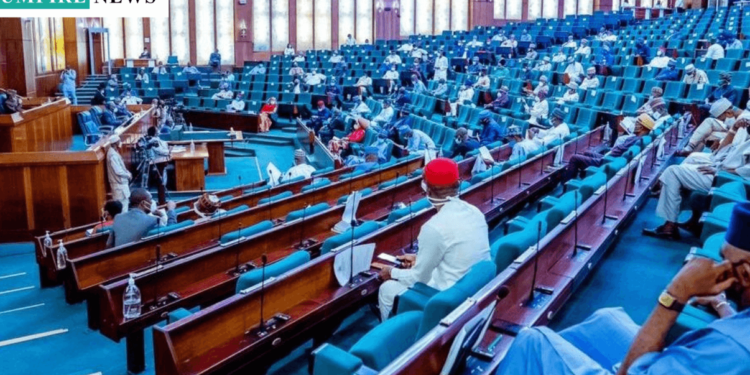The Nigerian House of Representatives has introduced a bill to extend the time limit for prosecuting sexual offences, a move aimed at closing legal loopholes that enable offenders to evade justice. The proposed amendment to the Criminal Code Act would increase the prosecution window from two months to two years, allowing victims more time to report incidents and for evidence to be gathered effectively.
Sponsored by Bitrus Laori of the Adamawa State constituency, the bill targets Sections 218 and 221 of the Criminal Code Act, where the current two-month limit has been criticized for obstructing justice. Laori described the existing timeframe as a “window of escape” for perpetrators, especially in cases where victims face threats, stigma, or delays in securing evidence and witnesses.
The proposed two-year extension would address these challenges by accommodating the complexities of investigating and prosecuting sexual offences. Advocates believe the change would offer a significant deterrent to offenders, ensuring they are held accountable regardless of how much time has passed since the crime.
Laori pointed out that the inadequacies in the current legal framework contribute to the prevalence of sexual violence in Nigeria, where victims often struggle to navigate a system plagued by inefficiencies. He argued that the amendment is not only a matter of justice for victims but also a critical step in creating a safer society.
If the amendment is passed, it will mark a turning point in the fight against sexual violence in Nigeria, offering renewed hope to victims and strengthening the nation’s criminal justice system. Supporters believe it will send a clear message to perpetrators: there will be no escape from accountability.




































